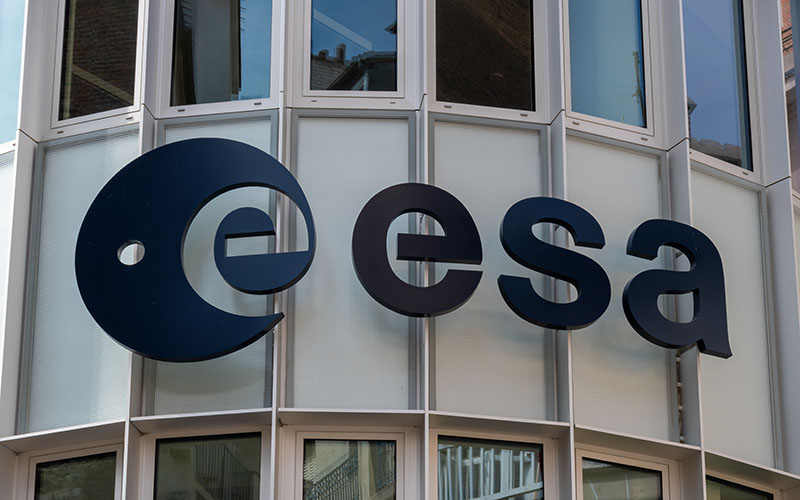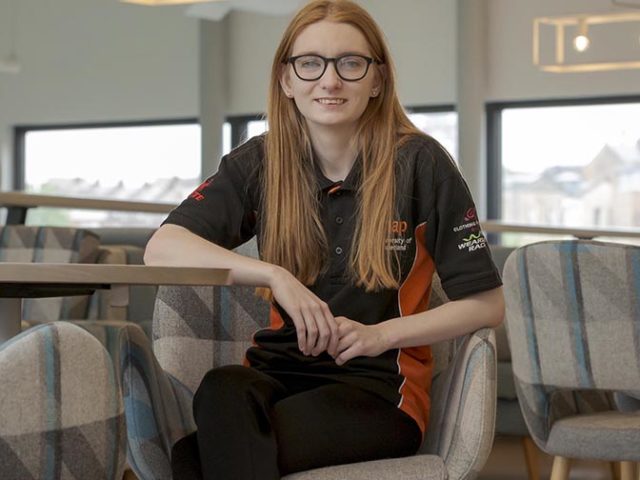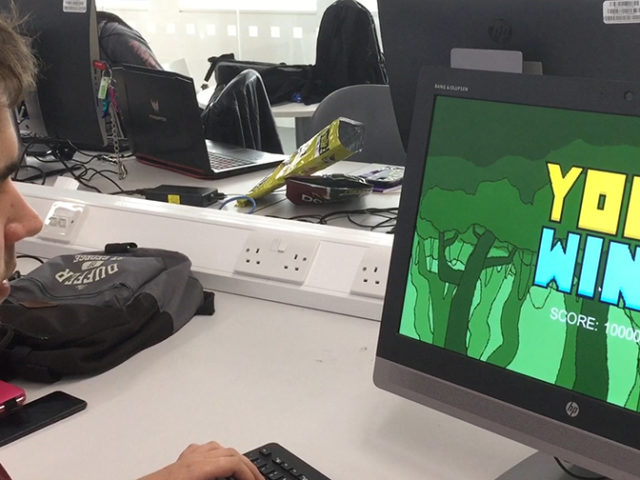The European Space Agency (ESA) is funding a new scholarship that gives international students the opportunity to push the boundaries of space exploration with the University of Birmingham’s Space Engineering MSc.
The innovative course gives students the opportunity to learn advanced concepts of spacecraft engineering ready for a space-related career – graduates have found roles with organisations across the sector.
Now the ESA has created an international scholarship covering tuition fees for the one-year programme, which covers the full life cycle of space missions. Studies focus on the space environment, its hazards and mitigation, as well as materials and manufacturing for space applications.
The scholarship will also create opportunities for its recipient to experience additional study support with tours of ESA facilities and related workshops.
Course leader Dr. Leah Nani Alconcel commented: “Thanks to the ESA, this is a great opportunity for a high-flying international student to specialise in spacecraft engineering and launch themselves into a career in this exciting industry.
“The programme gives students introduces students to spacecraft technology and engineering, giving them opportunity to specialise in the areas that align best with their career goals – for example, space weather, radar or sustainability.
“They also have the chance to leverage our strong industry connections – enriching their dissertation projects and establishing valuable networking opportunities to help build an exciting and fulfilling career in the sector.”
The scholarship is open to students from all countries signed up to the ESA – Austria, Belgium, Czechia, Denmark, Estonia, Finland, France, Germany, Greece, Hungary, Ireland, Italy, Luxembourg, The Netherlands, Norway, Poland, Portugal, Romania, Spain, Sweden, Switzerland, the United Kingdom, Slovenia, Slovakia, Latvia, Lithuania, and Canada. The deadline for application is Monday 14 July 2025.
Benefiting from instruction by the University’s world-leading experts in this field, students are taught through a blend of lectures, seminars, tutorials, and project-based methods, practical laboratories, group activities, and individual projects.
The course covers areas such as: Advanced Space Mission Analysis and Design; Communication, Ethics, and Teamwork for Space Missions; Materials and Manufacturing for Space Applications; and Space Environment. There are also options to study areas including: CubeSat Design, Satellite Communications; Space Propulsion and Power Systems; and Spacecraft Mechanical Design.
Graduates have gone on to work at organisations including the Manufacturing Technology Centre, Northumbria University, Leonardo, and Goonhilly Earth Station.




